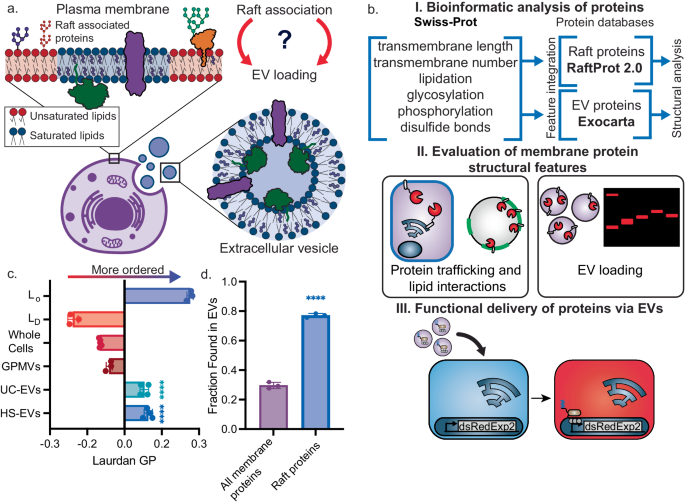2024-07-23 ノースカロライナ州立大学(NCState)
長年、殺虫剤処理された蚊帳や室内の殺虫剤散布は、マラリアを媒介する蚊に対する効果的な治療法でしたが、同時にベッドバグ、ゴキブリ、ハエなどの家庭害虫も抑制していました。しかし、北カロライナ州立大学の新しい研究によると、これらの害虫が殺虫剤に対する耐性を発達させたため、家庭害虫が再び増加し、これが地域社会の不信感を招き、殺虫剤治療の放棄とマラリアの増加につながっていることが示されました。
◆研究は、蚊帳や殺虫剤が家庭害虫の再出現の原因とみなされるようになったことを示しています。例えば、ボツワナでの調査では、蚊に対する関心が最も高かったものの、40%以上がゴキブリやハエに最も関心を持っていました。
◆研究者は、蚊対策と都市害虫管理を別々に行う方法や、家庭害虫も同時に抑制する新しいマラリア対策ツールの発見が必要だと提案しています。
<関連情報>
- https://news.ncsu.edu/2024/07/unintended-consequences-of-success-against-malaria/
- https://royalsocietypublishing.org/doi/10.1098/rspb.2024.0609
室内害虫駆除が家庭害虫に与える影響に関するレビュー:厳しい現実が挑む善意 Review on the impacts of indoor vector control on domiciliary pests: good intentions challenged by harsh realities
Christopher C. Hayes and Coby Schal
Proceedings of the Royal Society B Published:24 July 2024
DOI:https://doi.org/10.1098/rspb.2024.0609

Abstract
Arthropod vectored diseases have been a major impediment to societal advancements globally. Strategies to mitigate transmission of these diseases include preventative care (e.g. vaccination), primary treatment and most notably, the suppression of vectors in both indoor and outdoor spaces. The outcomes of indoor vector control (IVC) strategies, such as long-lasting insecticide-treated nets (LLINs) and indoor residual sprays (IRSs), are heavily influenced by individual and community-level perceptions and acceptance. These perceptions, and therefore product acceptance, are largely influenced by the successful suppression of non-target nuisance pests such as bed bugs and cockroaches. Adoption and consistent use of LLINs and IRS is responsible for immense reductions in the prevalence and incidence of malaria. However, recent observations suggest that failed control of indoor pests, leading to product distrust and abandonment, may threaten vector control programme success and further derail already slowed progress towards malaria elimination. We review the evidence of the relationship between IVC and nuisance pests and discuss the dearth of research on this relationship. We make the case that the ancillary control of indoor nuisance and public health pests needs to be considered in the development and implementation of new technologies for malaria elimination.


